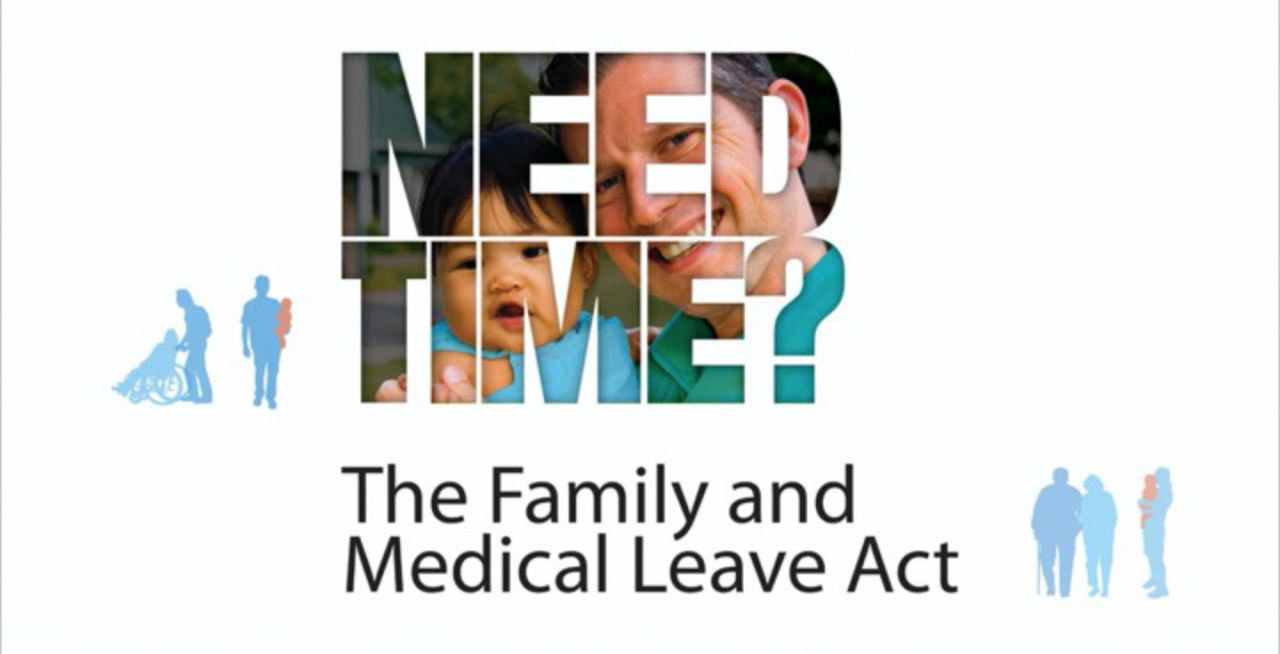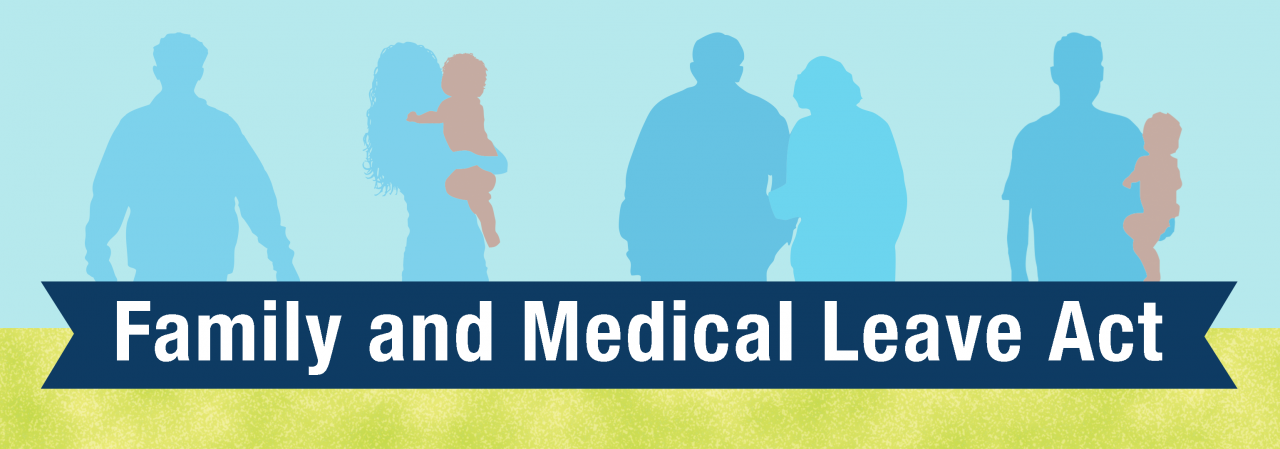Breastfeeding Awareness Month is a good time to review the protections in place for nursing parents in New Hampshire, in and out of the workplace.
FEDERAL PROTECTIONS
Breastfeeding employees in New Hampshire are protected by the federal FLSA’s PUMP for Nursing Mothers Act. Under this federal mandate, breastfeeding employees are entitled to reasonable break time and a private space (other than a bathroom) to pump at work for up to one year after the child’s birth. In addition, if an employee is still working, any break time spent pumping should be considered hours worked and compensated accordingly.
If a company has 50 or fewer employees and compliance constitutes a “hardship“ to the employer, the requirements can be waived. The burden of proof, however, is on the employer to show that enforcement of the law would cause “undue hardship.“ in addition, the Pump Act grants breastfeeding employees the right to file a lawsuit against their employer for noncompliance. Prior to making a claim against an employer, breastfeeding employees are required to notify their employer that they’re not in compliance. The employer then has 10 days to comply (Note, employees are not required to give employers 10 days to comply with non-space violations, such as harassment or violations of break time). Legal remedies available to employees include employment reinstatement, promotion, and/or monetary damages, such as lost wages, emotional distress, attorneys’ fees, and Lawsuit costs.
Nursing mothers covered by the Pump Act include salaried workers, healthcare workers, teachers, and agricultural workers,, among others. However, the act did make some coverage exceptions, such as for airline pilots and flight attendants.
STATE RIGHTS
In addition to the federal law protection, New Hampshire law provides additional protections and rights for nursing employees. For example, breastfeeding mothers in New Hampshire are exempt from indecent exposure laws and have the right to breastfeed in public in accordance with NH RSA 132:10-d (1999 which states that “breast-feeding, a child does not constitute an active indecent exposure, and to restrict or limit the right of a mother to breast-feed, her child is discriminatory.“ if an individual feels they have been discriminated against, they can file a complaint with the New Hampshire Commission for Human Rights in accordance with this law.
In addition, as of 2020, New Hampshire state workers can bring their babies (between the ages of six weeks and six months) to work with them, if they work for a state agency that has opted into the program. The program “Infants in the Workplace” initiative was signed as an executive order by Governor Sununu (executive order 20 19–08). The criterion for eligibility includes that the worker has drawn up an “individualized plan“ for the infant, and that the parent “ensure that the presence of the infant does not create habitual disturbances in the workplace.“ According to the order, it’s intention “provides parents an option to remain in the workforce, improves employee retention, optimizes parent – infant bonding, and breastfeeding, and improves the health of parent and baby.“
New Hampshire also has a breastfeeding task force that is a nonprofit organization whose mission is to “protect, promote, and support breastfeeding, through education, outreach, and advocacy” called nhbreastfeedingtaskforce.org. This group provides valuable resources for breastfeeding families.





















